Natural History Revisited
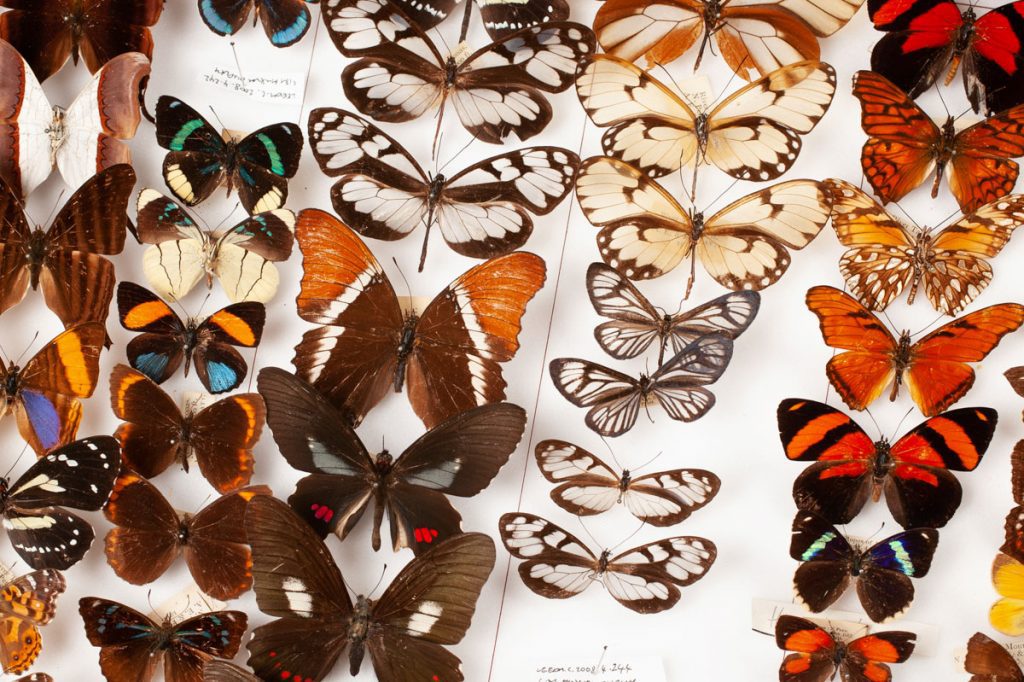
Insect trays, Leeds City Museum
Over the years I couldn’t even hazard a guess at the number of images that I have taken and have stored. Most of my images I try to store by date and subject matter. At times I take the time to look back through previous work and review what I have done. By doing this it enables you to review what has worked and what doesn’t. Photography and it styles are constantly evolving and it is important to remember this.
Recently I started to look through photographs taken for Leeds Museum in 2012. Being commissioned by the museum was a great opportunity. The museum had asked me to create set of images highlighting their extensive natural history collection. Having the freedom to access their complete collection was both a fantastic opportunity combined with a real case of where do I start?
Approach
For me, I felt it was important to highlight some of the features that might get missed in a display cabinet. I wanted to create images that made people pause for a moment to actually take in what they were looking at. How many times have we been guilty of walking through a gallery without really looking. I mean actually taking the time to taken in what is on display. It’s very easy for trips to become a box ticked on the visits list. Of course we must not forget to take the quick social media selfie to prove that it’s been done.
The difficulty though, is that museums have extensive stores. Curators have the tough job of not only looking after the museum pieces but choosing what to exhibit. Some of their choices can be so small that they can easily be missed in display cabinets.
We agreed from the onset that we would look at dividing the exhibition into several sections, highlighting different aspects of the natural history collection.
Insect Photography Miniatures
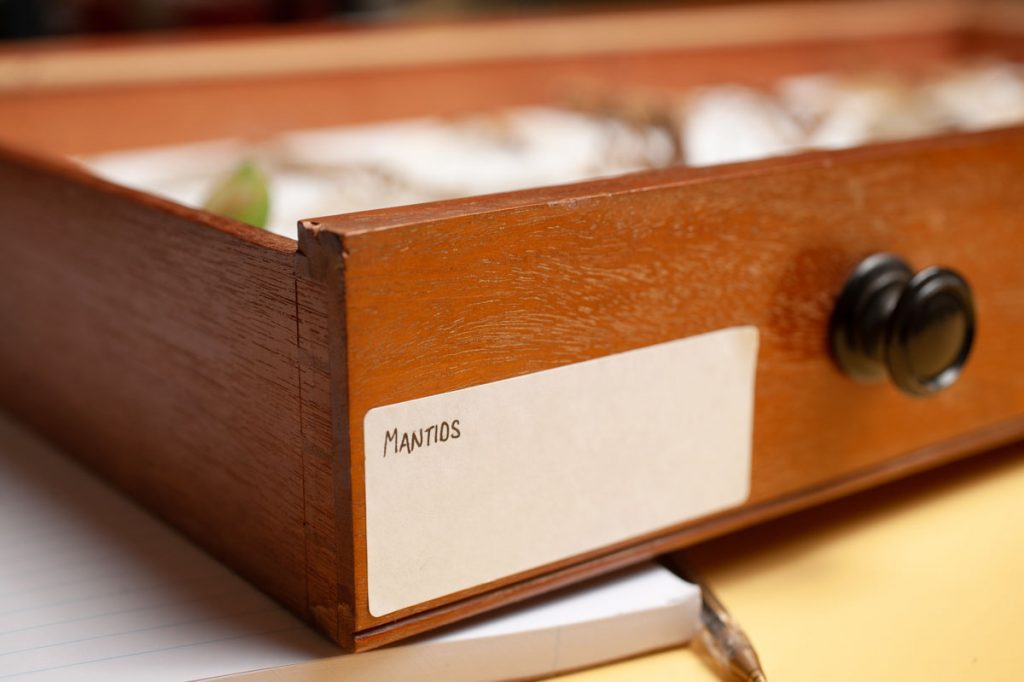
Mantid drawer, Leeds City Museum
The museum storage centre at Leeds is impressive. Storing over a million objects, it is an Aladdin’s cave of all kinds of history. Whilst this is wonderful it does bring in the issue of where to start.
For the first part of the exhibition I concentrated on the entomology collection, trays of tiny (and not so tiny) insects which would become the Miniatures section of the exhibition. We decided to highlight two areas, firstly the organisation that had gone into the collection, drawers of meticulously laid out and labelled insects.
For the second focus (please excuse the unintended pun), we chose to use macro photography to highlight some of the features of the individual insects. We did this because it meant that details that we wouldn’t normally see we could bring attention to. By producing large prints of the macro images, it would enable viewers to not only see parts of the collection that they might not have been aware of but also to see more clearly some of the tiny detail that could be so easily missed.
Insect Photographs
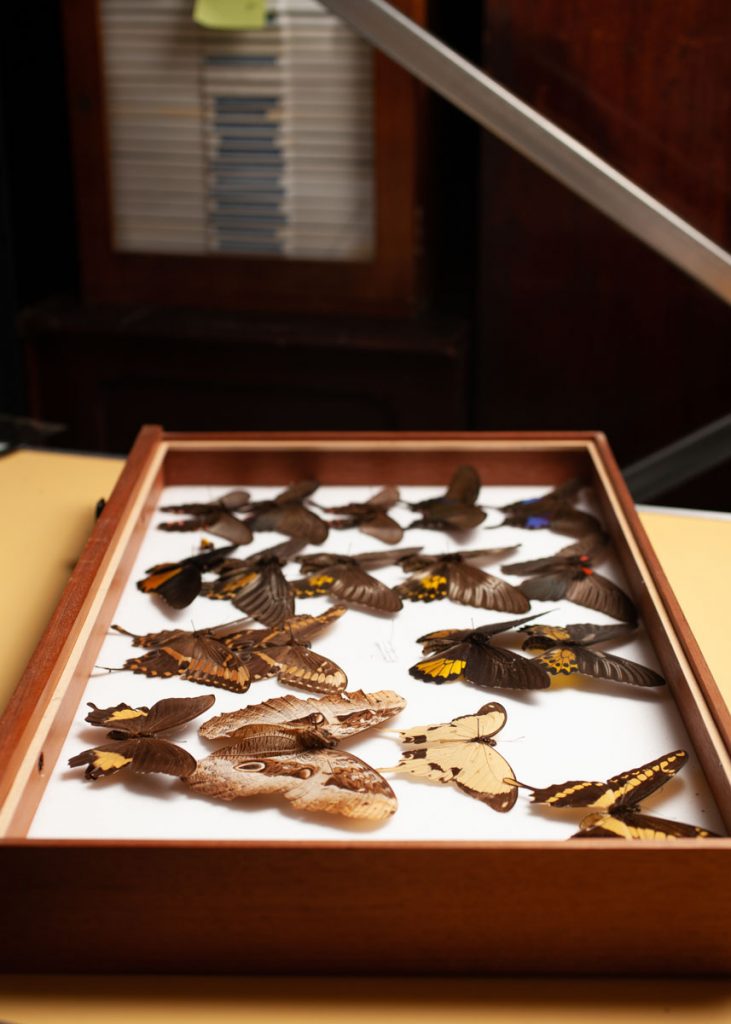
Insect tray, Leeds City Museum
The trays in themselves are pieces of art. You can see that labelling was often done with beautiful penmanship on the tiniest of labels. Then there are the actual individual insects. Many of them delicate in structure, with detailed patterns. Sometimes, the most stunning of colours or by contrast, impressive camouflage.
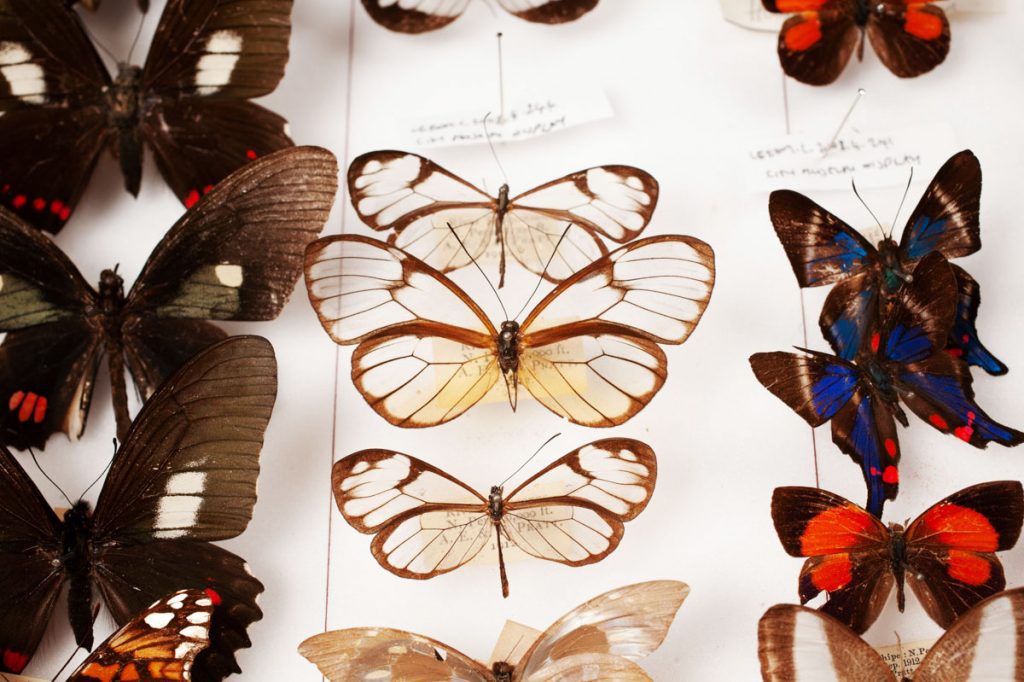
Pinned Insects, Leeds City Museum
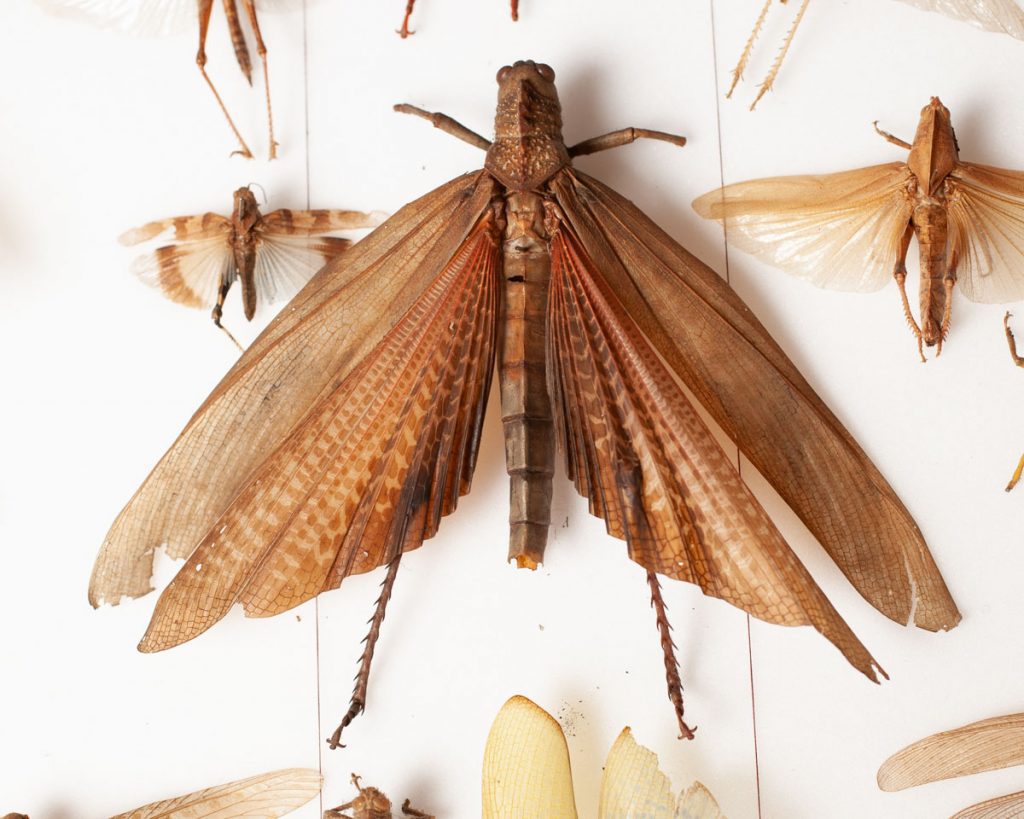
Tray, Leeds City Museum
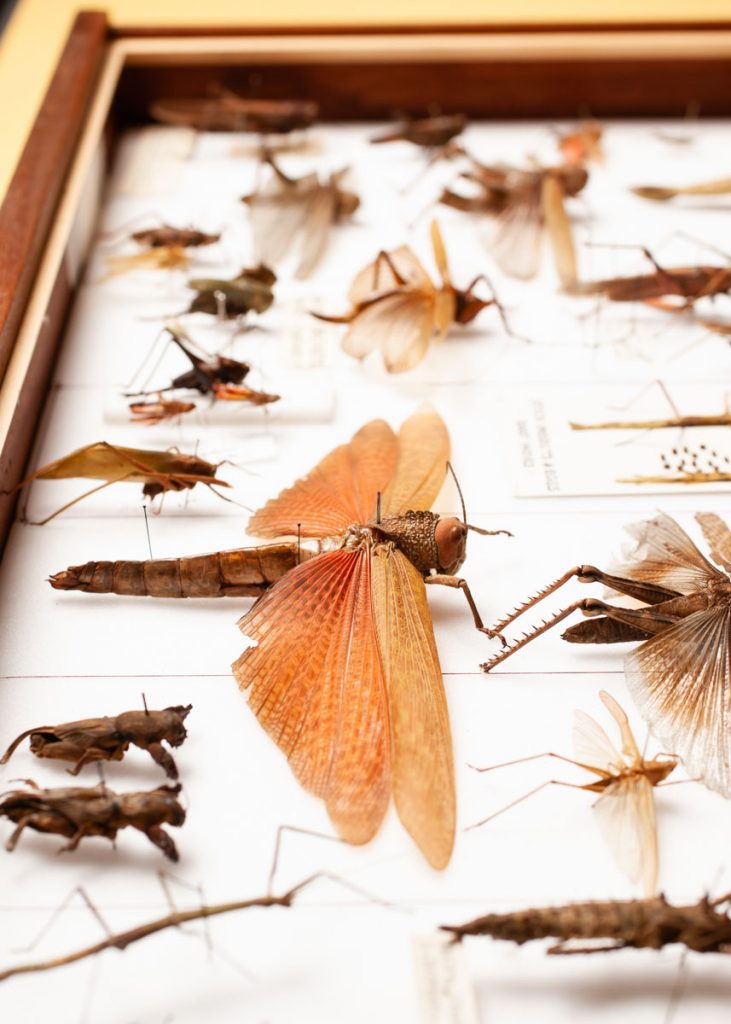
Insect trays, Leeds City Museum
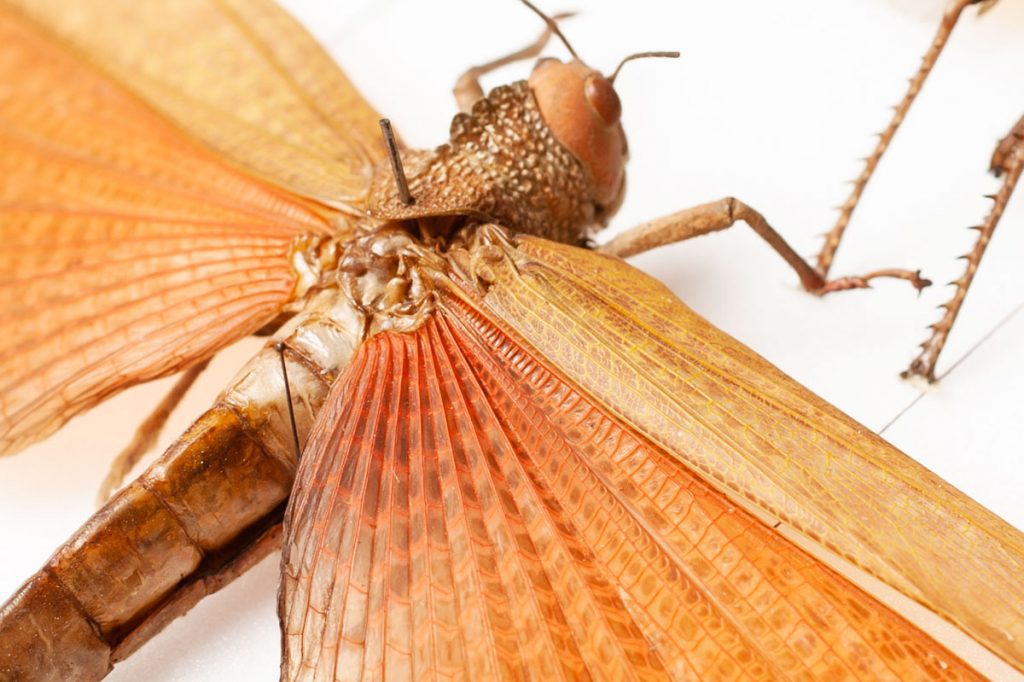
Details, Leeds City Museum
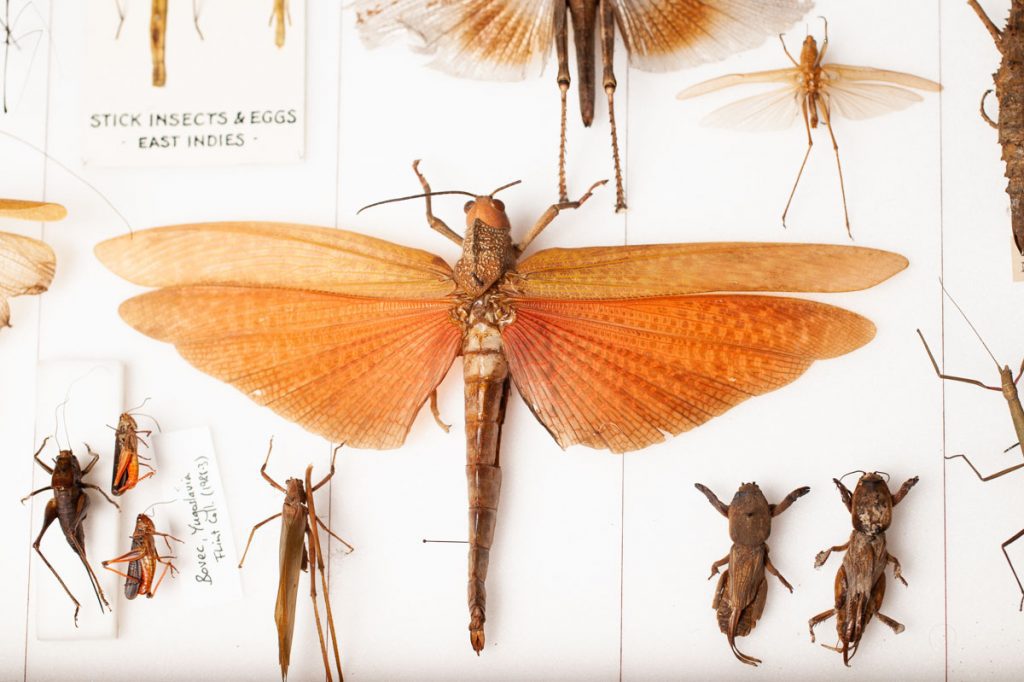
Stick insects, Leeds City Museum
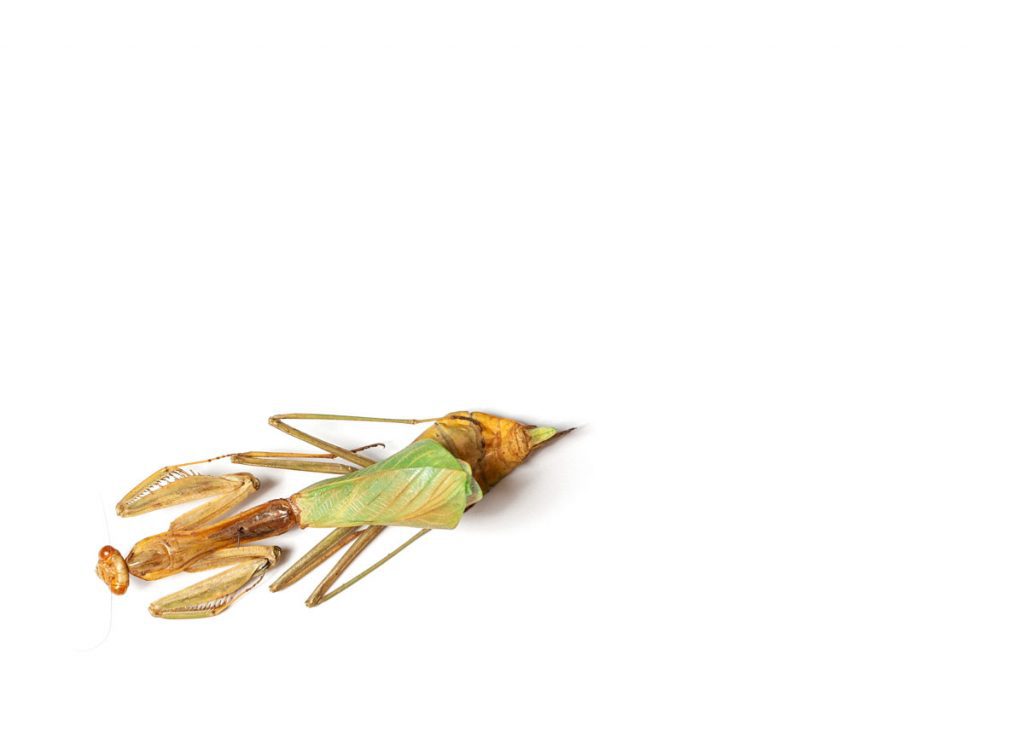
Stick Insect, Leeds City Museum
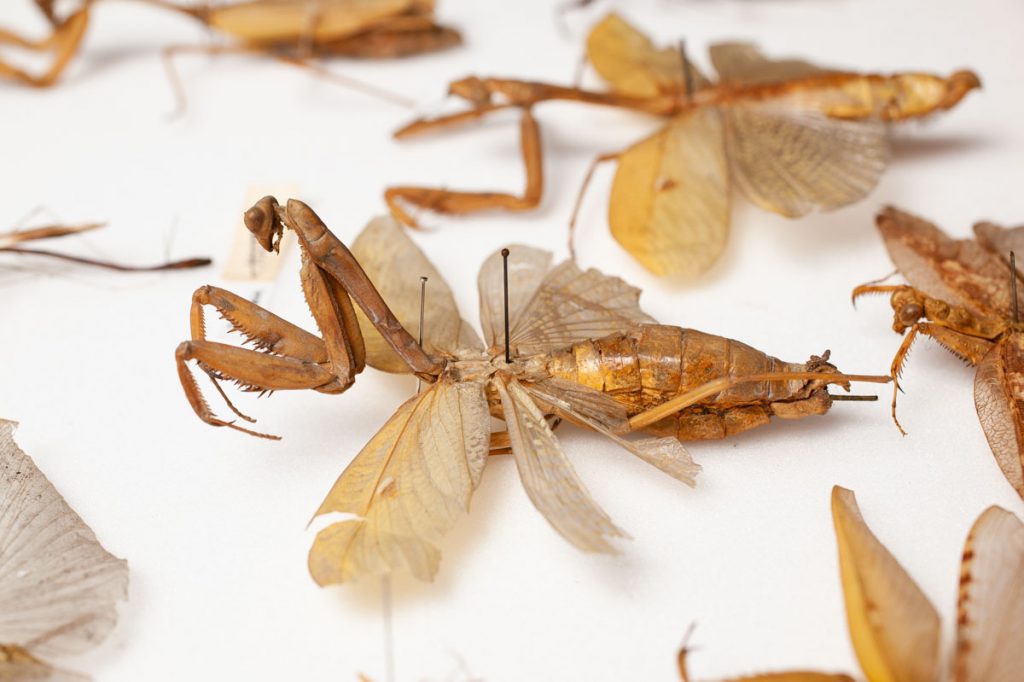
Close up of Stick Insect, Leeds City Museum
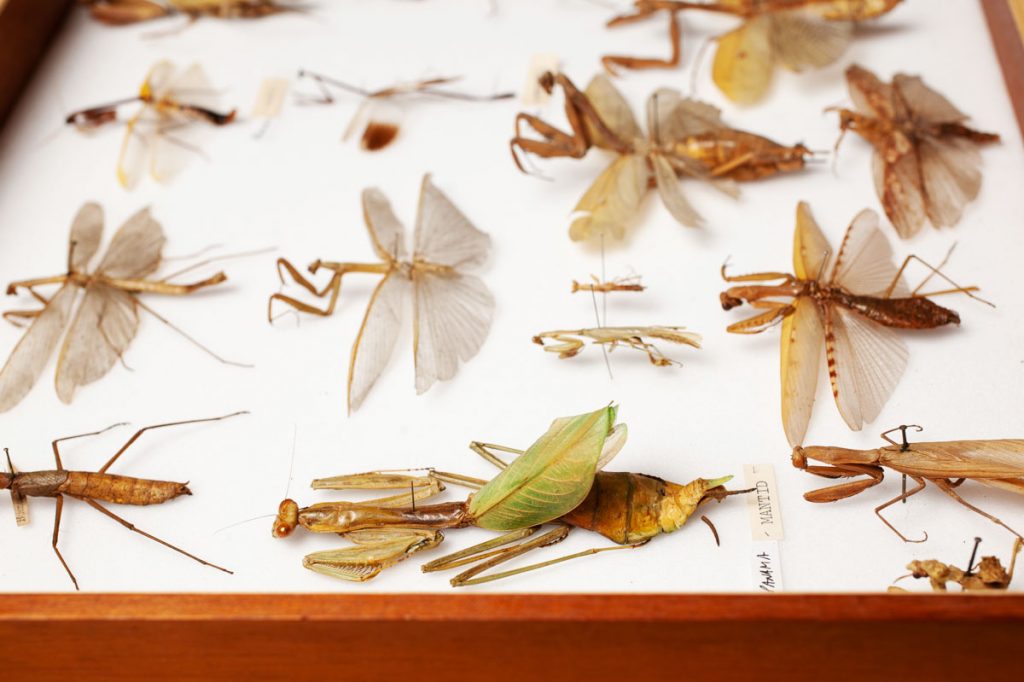
Mixed Stick Insects, Leeds City Museum
Whilst Leeds Discovery Centre is currently closed due to COVID19, it is normally accessible to the public and details can be found at https://museumsandgalleries.leeds.gov.uk/leeds-discovery-centre/
To find out about more about our museum photography services, please just use the contact form at https://www.saraporterphotography.co.uk/contact/